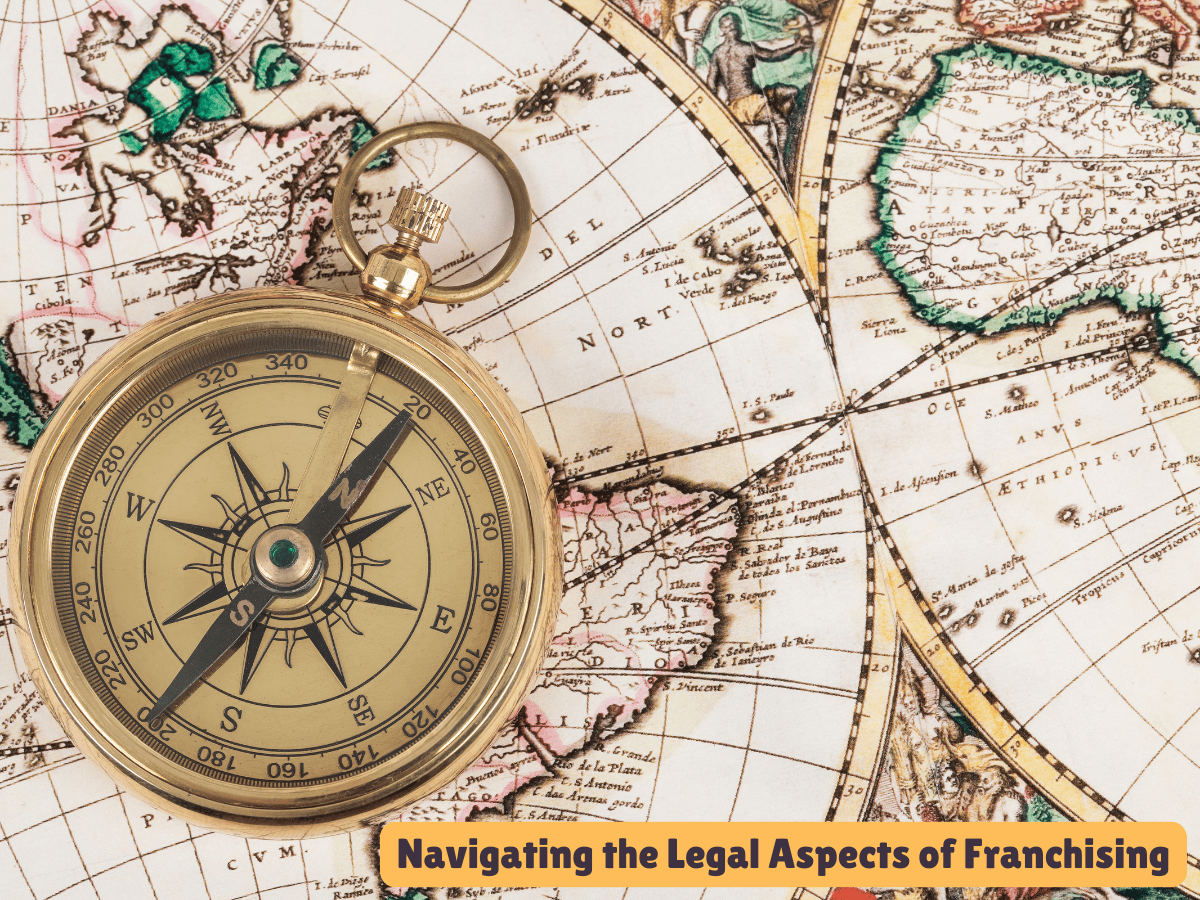So, you’re dreaming of owning your own business, and franchising has caught your eye? That’s fantastic!
Franchising can offer a great blend of entrepreneurial freedom with the support of an established brand. But before you jump in, it’s crucial to understand the legal landscape.
Think of it as charting a course – you need a map to navigate safely and successfully. This guide will help you understand the key legal aspects of franchising, presented in a friendly, approachable way.
Reach Out For A Free Consultation!
What Is the Franchise Disclosure Document (FDD)?
First things first: the Franchise Disclosure Document (FDD). This hefty document is your bible in the franchising world. It’s legally required to be provided to you by the franchisor before you pay any money or sign anything. Don’t let its size intimidate you! Think of it as a detailed instruction manual for the franchise.
Inside, you’ll find vital information about the franchisor, their history, financial statements, litigation history (yes, it’s important!), franchisee obligations, fees, and much more. Seriously, read it. Twice. And if you’re not sure about something, get professional advice.
Why You Need a Franchise Attorney to Handle the Legal Aspects of Franchising
Speaking of professional advice, this is where a good franchise attorney comes in. They’re your legal Sherpas, guiding you through the complexities of the FDD and the Franchise Agreement. Think of them as an investment, not an expense.
They can help you understand the fine print, identify potential red flags, and negotiate favorable terms. Don’t skip this step! A few hundred (or even a few thousand) dollars spent on legal counsel now can save you a fortune and a lot of heartache later.
The Franchise Agreement: What You Need to Know
Now, let’s talk about the Franchise Agreement itself. This is the legally binding contract between you (the franchisee) and the franchisor. It outlines everything:
- Your rights and responsibilities
- The term of the agreement
- Renewal options
- Territory rights (where you can operate)
- Fees (royalties, advertising, etc.)
- Training and support
- What happens if things go south (termination, dispute resolution)
This document is crucial, so understand every clause before you sign. Your attorney will be invaluable in helping you decipher the legalese and ensure your interests are protected.
Understanding Intellectual Property in Franchising
One area that often raises questions is intellectual property. In a franchise, you’re essentially licensing the franchisor’s brand, trademarks, and operating systems. The Franchise Agreement will detail how you can use these assets and any restrictions.
Be clear on what you can and cannot do to avoid potential legal issues down the road. Remember, you’re borrowing the brand, not owning it.
Staying Compliant with Laws and Regulations
Another important legal aspect is compliance. As a franchisee, you’ll need to comply with various laws and regulations, which can vary depending on your industry and location.
This could include:
- Labor laws
- Health and Safety regulations
- Consumer protection laws
The franchisor should provide you with guidance on these matters, but it’s ultimately your responsibility to ensure you’re operating legally.
Dispute Resolution in Franchising
Dispute resolution is another key component of the legal side of franchising. Hopefully, you’ll never need it, but it’s important to know how disagreements are handled.
Most Franchise Agreements include clauses about mediation or arbitration, which are alternative ways to resolve disputes outside of court. Understanding this process beforehand can save you time, money, and stress if a conflict arises.
Navigating State and Federal Regulations
Finally, don’t forget about state and federal regulations. Franchising is governed by laws at both levels, and these can be complex.
- The Federal Trade Commission (FTC) has specific rules about franchise disclosure.
- Many states have their own franchise registration and regulation requirements.
Your attorney can help you navigate these regulations and ensure you’re in compliance.
Do You Have Franchise Questions? Then Contact Us For a Free Consultation!
Setting Yourself Up for Success
Navigating the legal aspects of franchising might seem daunting, but it doesn’t have to be. By understanding the key documents, seeking professional advice, and being proactive about compliance, you can set yourself up for success.
Remember, a well-informed franchisee is a successful franchisee. So, do your homework, ask questions, and don’t be afraid to seek help. Your dream of owning a franchise is within reach – just make sure you’re taking the right legal steps to get there.
Franchise Options provides no-cost franchise consulting, guidance, information, and networking to individuals who are interested in starting their own business through franchise ownership.
Contact Franchise Options today to find out more about franchising options that may suit you.

